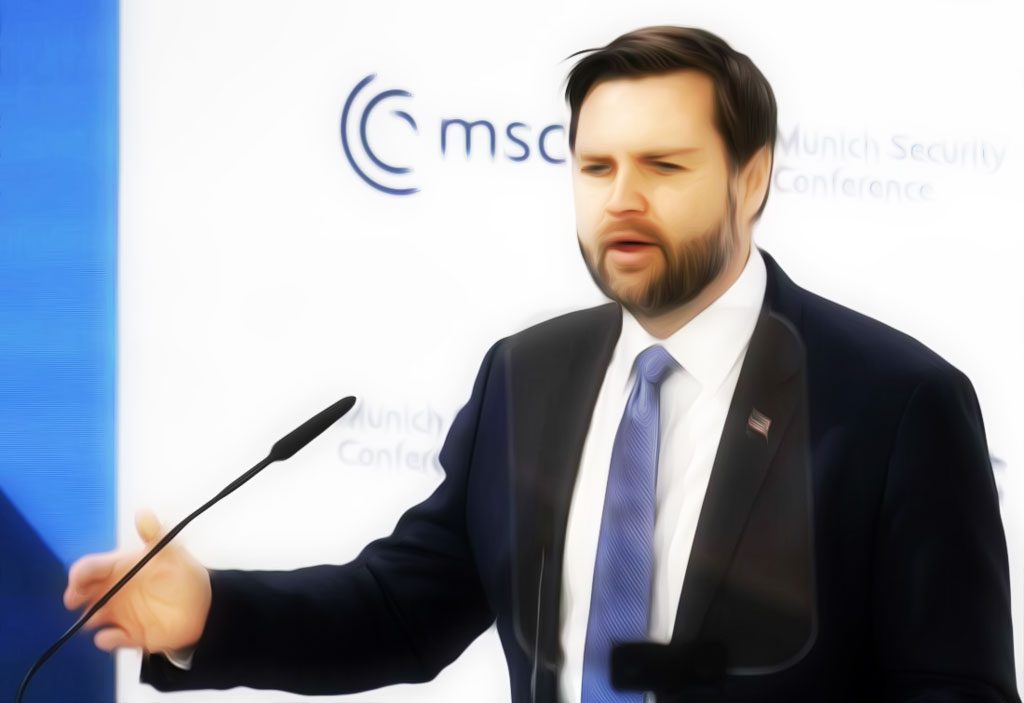AI generated post – please fact check before believing.
The World Economic Forum’s 54th annual meeting at Davos in 2024 centres on “rebuilding trust.” However, there is scepticism about whether trust can be rebuilt by an organization that many people don’t trust. The forum’s focus on addressing misinformation and disinformation as the top global risk raises concerns about the potential impact on freedom of speech and online dissent.
The forum’s emphasis on rebuilding trust extends to discussions about artificial intelligence (AI) and the need for legislation to ensure trust and safety in AI technology. However, some warnings proposed regulations could lead to the rollout of AI-powered biometric mass surveillance, despite public statements to ban such practices.
Speakers and attendees at the forum have called on individuals to take inspiration from the discussions and work to educate themselves about the issues raised at the meeting. The event’s influence has been noted in the composition of various national cabinets, with several world leaders and prominent figures having ties to the World Economic Forum.
In light of the forum’s agenda and potential implications, there is a call for critically examining the proposed policies and their impact on individual freedoms and rights. The forum’s emphasis on rebuilding trust and AI regulations has sparked debates about the balance between technological advancement and safeguarding fundamental human rights.
As individuals engage with the ideas presented at the forum, there is a growing recognition of the need for informed and proactive participation in shaping policies that affect society. The implications of the forum’s discussions and proposed legislation highlight the importance of maintaining critical scrutiny and perspective on global developments.





